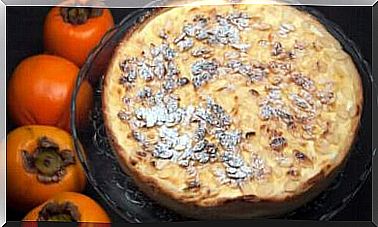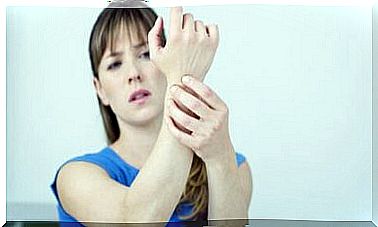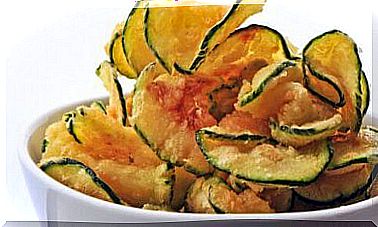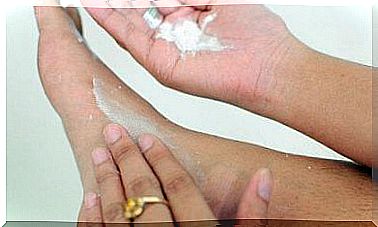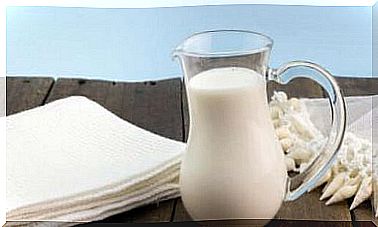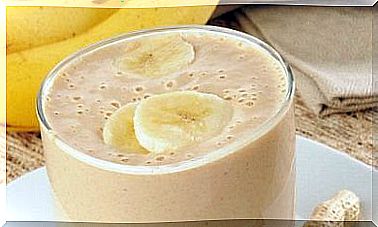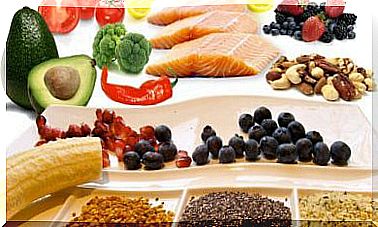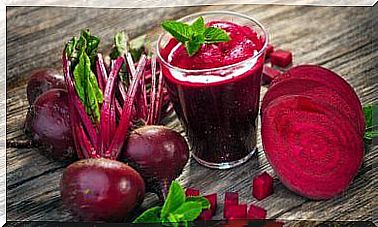Post-workout Meal: Can You Eat Whatever You Want?
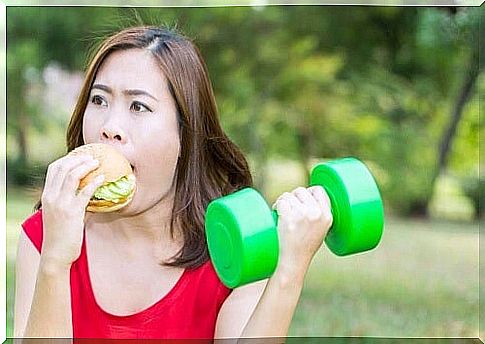
There are tons of myths about exercise and the diet that should accompany it. Maybe you are also wondering what the post-workout meal should actually look like . Maybe you think you deserve a reward after working hard – after all, you go to the gym regularly and train hard.
In today’s article, we’ll tell you what a post-workout meal can and shouldn’t look like . We will answer all your questions related to this topic – so keep reading!
Exercise and diet are closely related
Of course, there are people who, after intensive training, can afford a reward in the form of a sweet or salty snack. Their metabolism works so that despite some unhealthy eating, they will still see the positive effects of exercise.
But for most of us, pizza or ice cream after leaving the gym are not a good option. We know that even when exercising, we should still be careful about what we eat. Eating too large portions is never a good option. But the question of what a post-workout meal should actually look like requires a complex answer.
It all comes down to how many calories we consume with food and how many we burn. Of course, this also has to do with your goal. But if you exercise precisely to lose weight and lose excess fat from your body, you should burn more calories than you consume.
On the other hand, if you want to gain weight and build muscle, the opposite should be true. Of course, you should pay attention to the quality of meals and the balance of ingredients.
Post-workout meal: can you afford sweets?
If you exercise regularly, you can indulge in a snack from time to time. One bar will not affect your weight or make all the effects of your exercise wasted. A candy or a hot dog won’t bring back all those excess pounds that you’ve lost with your hard work.
On the other hand, many people use training as an excuse to overeat. Their reasoning works something like this: “I was cycling for an hour, so now I can go for a beer with my friends.” If this happens once or twice a month – no problem.
But if this mechanism works for you on a daily basis, you will never compensate for the huge amounts of unnecessary calories that you provide yourself with by exercising. Despite your workouts, you’ll start to put on weight instead of losing weight.
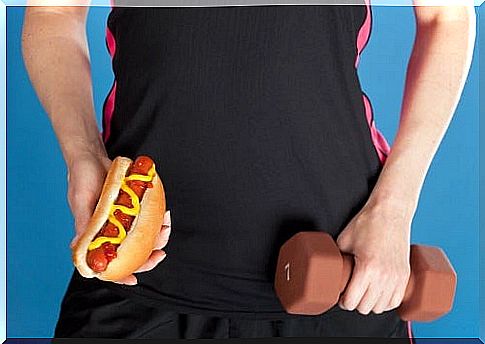
Unfortunately, that’s how it works. Even by going to the gym, you can gain weight every day. You will not gain as much weight as you would have gained without exercise, but still you will not see the expected results. It may even make you stop exercising. Lack of effects lowers motivation.
To eat what you want, you would have to exercise much more intensively. And even that will not guarantee that you will not gain weight. Your body needs high-quality meals to stay fully functional and healthy.
Besides, you can’t spend all day in the gym just to burn off all the unnecessary calories you gave yourself the night before.
Professional athletes function completely differently. Their diets are based on enormous amounts of protein. Therefore, they can eat three portions of pasta for dinner or a breakfast of three bananas and three eggs. Why is this happening? In the case of professionals, training and competition cause the body to burn huge amounts of calories and require energy.
Exercise and appetite
So you already know that you shouldn’t eat a packet of crisps or a cheeseburger every day when you come back from a run or a gym. This is a bad idea that will, at best, reduce all your efforts to zero, and at worst, it will actually make you gain weight instead of losing weight.
You need to know your body and your metabolism well. This will allow you, in turn, to choose the right products and meals. You will be able to fully satisfy your appetite and supplement your body’s needs without overeating.
It’s normal to feel hungry after exercise. Your body has used up a lot of energy and has burned a lot of calories. Just like your car – you need refueling now. What is the best fuel for the body after training?
You can opt for low-quality fuel. Then you will break the engine and not achieve much in the future. However, you can choose high-quality fuel – that is, one that will give you strength to act and provide you with long-lasting energy.
Training Myths
We have already debunked one myth. You now know that even after strenuous exercise, you shouldn’t eat unhealthy foods. The meal after training must be healthy and of high quality.
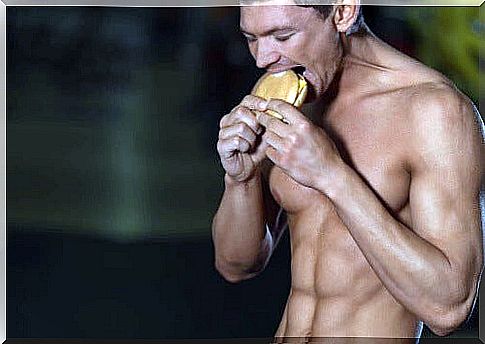
Now let’s take a look at some other exercise myths:
1. Stretching before exercising improves effectiveness
Stretching before exercising is only to lower the risk of injury. It has no influence on their effectiveness and efficiency.
2. When you stop exercising, your muscles turn to fat
If you stop exercising regularly, you will lose muscle mass. Your metabolism will become slower. Over time, you may start to gain weight, especially if you don’t adjust your diet. But muscles will never turn to fat. These are two completely different types of tissue.
3. If the weight shows a higher result, you are getting fat
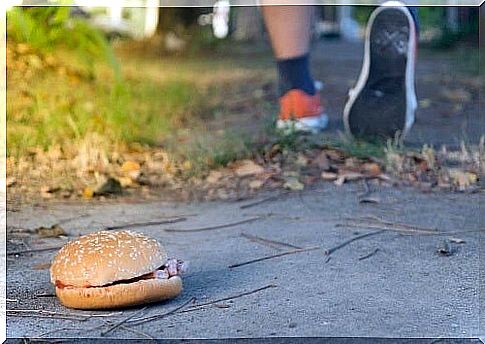
It seems obvious, but as it turns out – it is not. It all depends on what your goals are and what type of exercise you are doing. Fat and muscle have different densities. So, if you weigh the same – or even more – as a result of exercise, you may have burned fat and it has been replaced with muscles that are heavier.
